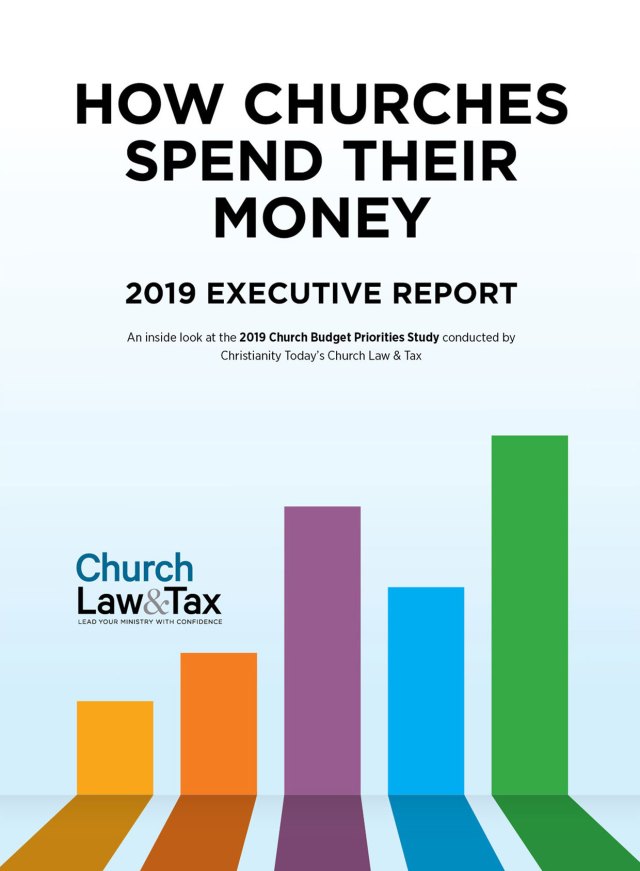Small-church pastor Karl Vaters offers these tips that could keep you from being caught off guard by three types of expenses.
Set aside money every month for annual bills
Most bills come monthly. But every church has annual bills (like insurance) that we have to stop being surprised by. Any healthy church anticipates these bills and plans for them by laying some money aside every month so it’s there when the bill inevitably arrives.
Start an emergency fund
Heaters break. Roofs leak. Regular givers lose their jobs and move away. Wise church leaders plan for such eventualities. No matter how little we have coming in, we need to create a line item [for] a fund to cover such emergencies. . . . According to most financial experts, an ideal amount in that fund would be six months’ worth of income. (Yes, I can hear you laughing from here. Our church doesn’t have that either.) In lieu of that, we should aim for three months’ worth. We can get there by setting up a budget that saves one month’s worth of income every year until the three months of income is reached. That can be done by setting aside eight percent of your income every month for three years.
Have an ongoing building maintenance plan
Don’t let deferred maintenance build up. Having an annual cleanout of the plumbing lines will be cheaper in the long run than letting things build up until the toilets overflow in the middle of a Sunday morning service. The same goes for cleaning, painting, cracked windows, and so on.





